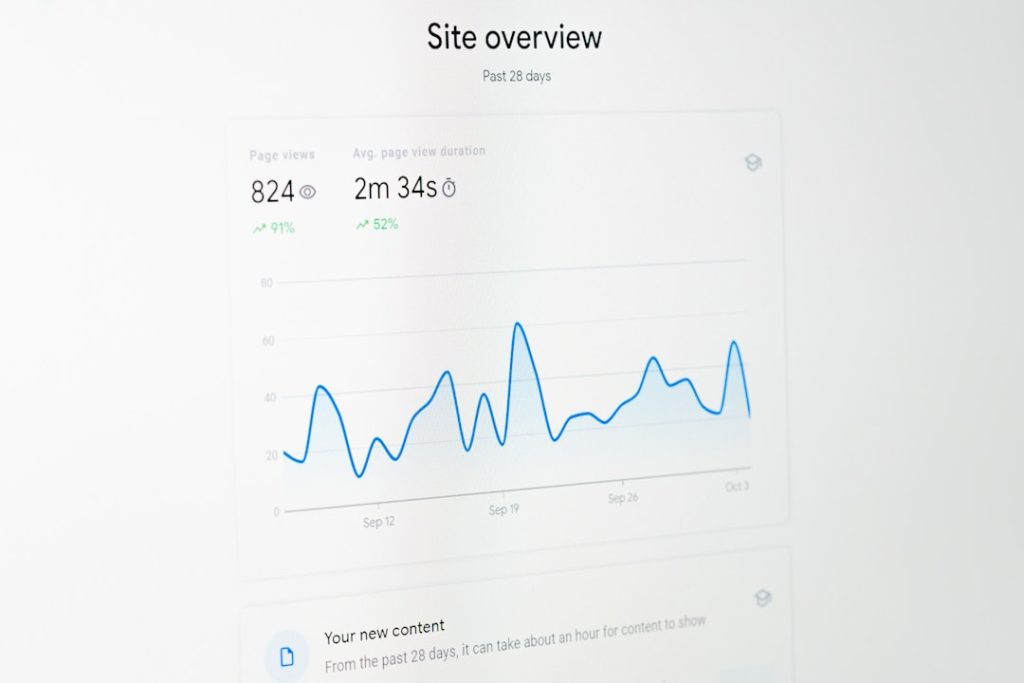The real estate sector has seen a remarkable transformation in recent years, with Artificial Intelligence (AI) playing a pivotal role in how properties are evaluated, bought, and sold. One of the most influential applications of AI is in monitoring the real estate market. AI tools are empowering real estate professionals, investors, and consumers by offering deeper insights, improved forecasts, and more efficient processes. With growing complexities in property investments and market dynamics, these advanced tools have become indispensable in the real estate landscape.
What AI Tools Are Used in Real Estate Monitoring?
AI tools in real estate can vary from specific software applications to complex platforms that integrate multiple technologies. Some of the most commonly used tools include:
- Predictive Analytics Engines: These tools process historical and real-time data to forecast market trends, pricing shifts, and investment opportunities.
- Natural Language Processing (NLP): AI systems analyze news articles, property descriptions, and other text data to extract relevant market insights.
- Image Recognition: Used in evaluating satellite imagery, street views, and interior pictures to assess the property’s condition or potential value.
- Chatbots and Virtual Assistants: These systems answer customer questions, assist with property searches, and schedule showings, reducing the need for human intervention.
Key Benefits of AI in Real Estate Market Monitoring
One of the main strengths of AI lies in its ability to handle vast amounts of data — from listing information and buyer behavior to economic indicators and demographic statistics. Here are some of the primary advantages:
- Faster Data Processing: AI drastically reduces the time needed to analyze market patterns and trends, enabling near real-time decision-making.
- Improved Accuracy: Machine learning models enhance the precision of property valuations and price forecasts by accounting for more variables than a human analyst could manage.
- Targeted Marketing: AI can segment audiences based on browsing behavior, purchase history, and preferences to direct the right offers to the right people.
- Enhanced Risk Management: Investment firms use AI to assess the probability of market downturns and identify potentially risky properties or locations.
AI in Residential vs. Commercial Real Estate
The capacity of AI extends to both residential and commercial properties, although the focus may differ. In residential markets, AI often supports personalized property searches and smarter home valuations. In contrast, commercial real estate users rely on AI for demand modeling, space utilization analysis, and tenant behavior prediction.
For example, an AI system can evaluate traffic patterns and customer demographics to determine the best location for a new retail store. Similarly, landlords use AI to predict which tenants are likely to renew leases, optimizing occupancy and profitability.
The Future of AI in Real Estate Market Monitoring
As AI tools become more advanced, their impact on the real estate industry is bound to grow. Real-time property valuations, automated inspections through drones and AI-based imagery, and blockchain integration for transparent transactions are just a few upcoming developments. Furthermore, increasingly sophisticated AI tools will empower individual investors with insights previously available only to large real estate firms.
Although AI will never fully replace human expertise in real estate, it serves as a powerful assistant to streamline operations, reduce risks, and improve decision quality. Companies that embrace these technologies early are likely to lead in innovation and customer satisfaction in an ever-evolving market.
Frequently Asked Questions (FAQ)
- Q: Can AI predict real estate market crashes?
A: While AI cannot predict market crashes with absolute certainty, it can analyze trends and risk factors that might indicate an upcoming downturn. - Q: How accurate are AI-generated property valuations?
A: AI estimates are generally more accurate than traditional methods when fed with high-quality data. However, local insights still play a key role. - Q: Is AI accessible to individual investors?
A: Yes, many platforms now offer AI-driven tools customized for small-scale investors, including mobile apps and online dashboards. - Q: Are AI tools replacing real estate agents?
A: No, AI tools assist rather than replace agents, helping them make data-driven recommendations and serve clients more efficiently. - Q: How is privacy maintained in AI real estate systems?
A: Reputable platforms follow strict data privacy regulations and employ encryption to protect user data.
